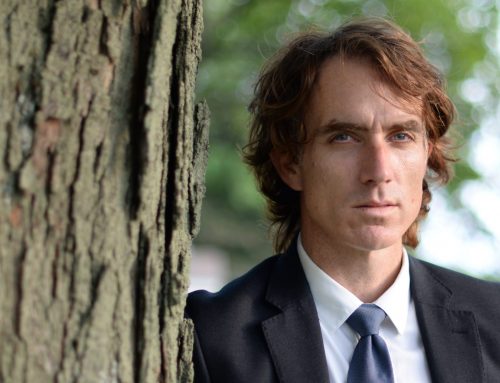Knowing who is going to be taking part in the Mass Casualty Commission proceedings can give us important insight into what might unfold as those hearings begin later this month. The Commission has released a 22-page decision detailing who may participate, and to what degree each will be involved.
The decision also includes funding recommendations for many of the individuals and non-profit groups who have been granted the right to participate (also known as “standing”, in the more common legal phrasing). Those recommendations are not Orders per se, but do tend to carry great weight with government funding sources, as to reject such a recommendation would be tantamount to denying someone the right to participate when the Commission has said that they indeed have such a right. To deny that would undermine the Commission’s independence.
Those participating include families of the victims of the gunman (though, perhaps notably, not the family of Cst. Heidi Stevenson), three Canada-wide victim advocacy groups, health-related groups like the Nova Scotia Nurses Union, two firearms organizations, three justice advocacy groups (including Nova Scotia Legal Aid), numerous gender-based violence organizations, and several police-related organizations.
Participation from family members’ representatives is bound to be crucial in the Commission proceedings, as it has been in the Desmond Inquiry. While an inquiry can include such things as roundtable discussions and expert reports, the best tried-and-true way to get to the core of a question is through the kind of vigorous cross-examination you would associate more with a civil or criminal trial. Family representatives can be very valuable to the public in this regard, as they tend to be quite determined to get answers, and are not afraid to ask the tough questions.
The family representatives also form something of a stand-in for the rest of us regular citizens. If all, or most, of the input in this Commission comes from governments and government agents, it is hard to trust that we will get the best results. The family representatives bear some of that responsibility on our collective behalf.
The victim advocacy, health-related, and firearms groups will all be limited to participating in roundtables and assisting with expert reports to the Commission. The remaining participants will have more extensive involvement, likely as close to full involvement as they themselves see fit, though the police organizations will be limited to issues relating to “the policing aspects” of the inquiry, which could end up being quite broadly defined.
The police organizations will be interesting to watch, as they all have a keen interest in the outcome of the Commission. The two primary models of policing will be on full display during the first portion of the Commission, with representatives of municipal police forces like the Truro, Amherst, New Glasgow, and Halifax Regional Police being able to question the RCMP members who were on the scenes as the primary response force.
There is currently a review of policing in Nova Scotia, which was initiated last year by former Justice Minister Mark Furey. It is not obvious what, if any, activity is ongoing with this review, but it would seem that the real review will be taking place here during this Commission, in the first days and weeks of testimony. I will be watching for that for indications of what policing in Nova Scotia might (or should) look like after this process is complete.

